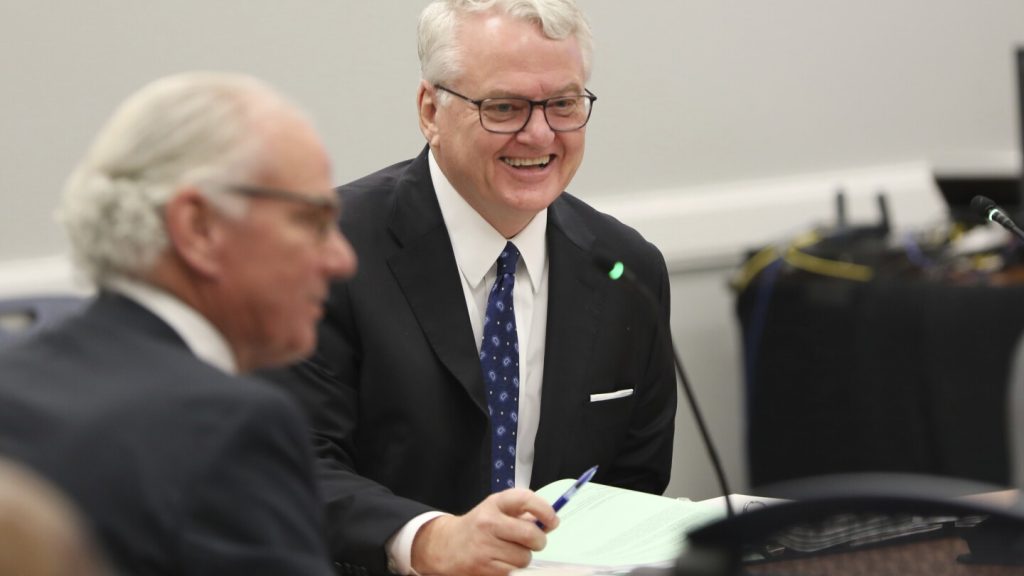South Carolina has found itself in a financial quandary as it has collected $1.8 billion in a mysterious bank account over the past decade. State and private accountants are struggling to determine the origins of this cash and where it was meant to be spent. This issue is the latest in a series of problems with the state’s books, with last year seeing a $3.5 billion error in higher education accounts due to double posting. The state’s elected Republican comptroller general resigned as a result of this error, which stemmed from a shift in computer systems in the 2010s.
The current problem seems to involve real cash and the elected Republican Treasurer, Curtis Loftis, responsible for writing checks for the state. Investigations are ongoing to unravel the situation, with indications that money was shifted into the mystery account whenever the state’s financial records were imbalanced. Senator Larry Grooms has highlighted the need for accountability in addressing this issue, pushing for a constitutional amendment to make the comptroller general an appointed position. If satisfactory answers are not provided by Treasurer Loftis, there is potential for further changes to be made regarding his position.
Despite the significant amount of money involved, Governor Henry McMaster reassured the public that no funds were lost in this ordeal. Loftis defended his actions by stating that he generated nearly $200 million in interest for the state by investing the money in the mystery account. However, questions arose as to why he did not inform the General Assembly about the existence of this unallocated money. Loftis argued that it was not his office’s responsibility to take such actions, leading to tensions between him and the comptroller general as they navigate the fallout of this financial situation.
With transparency and communication issues between the Treasurer’s Office and the Comptroller General’s Office having been identified, accountability remains a central concern. The historical context of South Carolina’s financial management, dating back to the 18th century, highlights the long-standing challenges with fiscal oversight in the state. Lawmakers and other stakeholders are eager for a comprehensive report to understand the implications of the $1.8 billion sitting in an unappropriated account, especially when state agencies are facing unfilled budget requests. While there is no rush to spend this money, legislative leaders and the governor are seeking clarity before making any decisions.
The ongoing investigation into the $1.8 billion mystery account has spurred calls for accountability and reforms to ensure proper financial stewardship in South Carolina. The upcoming hearings involving Treasurer Loftis and Comptroller General Gaines will shed more light on what led to this situation and how it can be rectified. As the state grapples with past accounting errors and communication breakdowns between key financial agencies, the need for a transparent and efficient system of financial management has become increasingly apparent. By addressing these challenges head-on, South Carolina can work towards building a more resilient and accountable financial infrastructure for the future.


